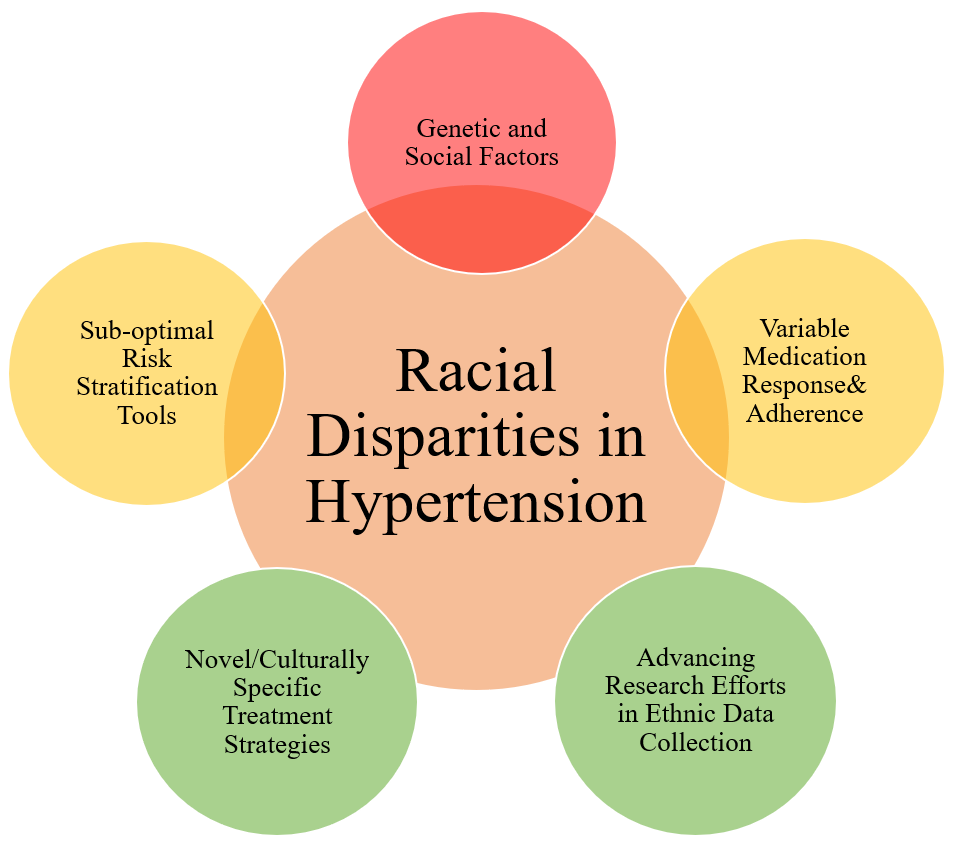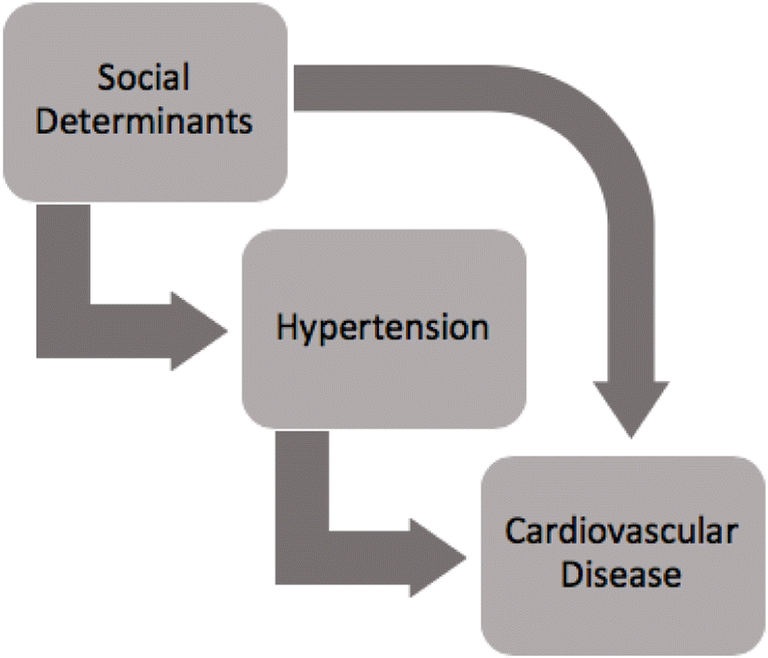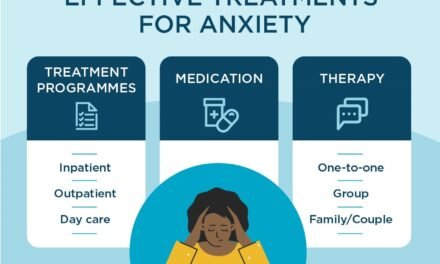Introduction:
Why Is Hypertension More Common in Black?
Why Is Hypertension More Common in Black Individuals?This pressing health issue stems from a complex mix of genetics, environment, stress, and healthcare disparities.
Hypertension, also known as high blood pressure, is more common in Black people compared to other racial or ethnic groups. This means that many Black individuals are at a higher risk of serious health problems like heart disease, stroke, and kidney failure.
But why does this happen?
There are several reasons, including genetics, lifestyle, diet, stress, and healthcare disparities. Understanding these factors can help people take steps to manage or prevent high blood pressure.

One major reason why hypertension is more common in Black people is genetics. Studies have shown that Black individuals may have a genetic tendency to retain more salt in their bodies. Salt can raise blood pressure because it makes the body hold on to extra water, putting more pressure on blood vessels.
Over time, this can lead to hypertension. While genes play a role, they do not determine everything. A healthy lifestyle can still help lower the risk.Another important factor is diet and lifestyle. Many traditional foods in Black communities are high in salt, fat, and cholesterol. Fried foods, processed meats, and salty snacks can all contribute to high blood pressure. In some cases, people may not have access to fresh fruits and vegetables, especially in low-income areas where grocery stores are limited. In addition, a lack of regular exercise can make hypertension worse.
Staying active and eating a balanced diet can make a big difference.Stress is another key reason why hypertension is more common in Black people. Many Black individuals face daily stress from racism, discrimination, and economic struggles. Chronic stress can cause the body to release hormones that raise blood pressure. Over time, this can lead to long-term health problems. Finding ways to reduce stress, like meditation, exercise, or talking to a supportive friend or therapist, can help keep blood pressure under control.
Healthcare disparities also play a big role in high blood pressure among Black people. Many Black individuals do not receive the same quality of healthcare as other groups. Some may not have health insurance, making it difficult to see a doctor regularly. Others may not trust doctors due to past experiences of discrimination in the medical system.
Without proper medical care, high blood pressure can go undiagnosed or untreated for a long time, increasing the risk of serious complications. Regular check-ups and early treatment can help prevent problems before they become severe.
Benefits of Managing Hypertension in Black People:
Managing hypertension, or high blood pressure, is extremely important for Black individuals because it can prevent serious health problems.
Many people do not realize that hypertension can be controlled with the right lifestyle changes and medical care. By taking action, Black individuals can enjoy a healthier life, avoid complications, and improve overall well-being.

Here are some key benefits of managing hypertension:
One of the biggest benefits is reducing the risk of heart disease and stroke. High blood pressure puts extra stress on the heart and arteries, which can lead to heart attacks, strokes, and other cardiovascular diseases. By keeping blood pressure under control, Black individuals can significantly lower their chances of suffering from these life-threatening conditions. This means a longer and healthier life with fewer hospital visits.Another important benefit is
Hypertension is one of the leading causes of kidney disease, especially in Black communities. When blood pressure is too high, it damages the small blood vessels in the kidneys, making it harder for them to filter waste from the body. If left untreated, this can lead to kidney failure, requiring dialysis or a transplant. Managing blood pressure can help keep the kidneys healthy and functioning properly.
Better brain health is also a major benefit of controlling hypertension. High blood pressure can lead to memory problems, cognitive decline, and even dementia. Studies show that people with uncontrolled hypertension are more likely to experience early memory loss and difficulty concentrating. By keeping blood pressure stable, individuals can maintain better mental sharpness and reduce the risk of brain-related diseases as they age.

Improved energy levels and overall well-being come with managing hypertension. When blood pressure is too high, the heart has to work harder to pump blood, leading to fatigue and low energy levels. People with well-controlled blood pressure often feel more energetic, sleep better, and experience fewer headaches or dizziness. This can make daily activities easier and more enjoyable.
Another great benefit is saving money on healthcare costs. Treating complications of high blood pressure, such as heart disease, kidney failure, or strokes, can be very expensive. Hospital visits, medications, and treatments can add up over time. By preventing these issues with proper blood pressure management, individuals can avoid costly medical bills and enjoy a better quality of life without financial stress.
Lastly, managing hypertension helps set a positive example for future generations. Many Black families have a history of high blood pressure, but making healthy choices now can inspire younger family members to do the same. Teaching children about healthy eating, regular exercise, and stress management can help break the cycle of hypertension and create a healthier future for the entire community.
controlling hypertension has many benefits, including a lower risk of heart disease, better kidney and brain health, more energy, and financial savings. While high blood pressure is common in Black communities, it does not have to lead to serious health problems. With the right lifestyle changes, medical care, and awareness, Black individuals can take charge of their health and enjoy a longer, happier life.
Conclusion:
In conclusion, hypertension is more common in Black people due to a combination of genetics, diet, stress, and healthcare challenges. While some factors, like genetics, cannot be changed, others, like diet, exercise, and stress management, can be controlled. It is important for Black individuals to monitor their blood pressure, make healthy lifestyle choices, and seek medical care when needed. With the right steps, hypertension can be managed or even prevented, leading to a longer and healthier life.
you must watch 👁️👁️ this article 👇👇👇
What Is the Best Type of Yoga for Mental Health?





